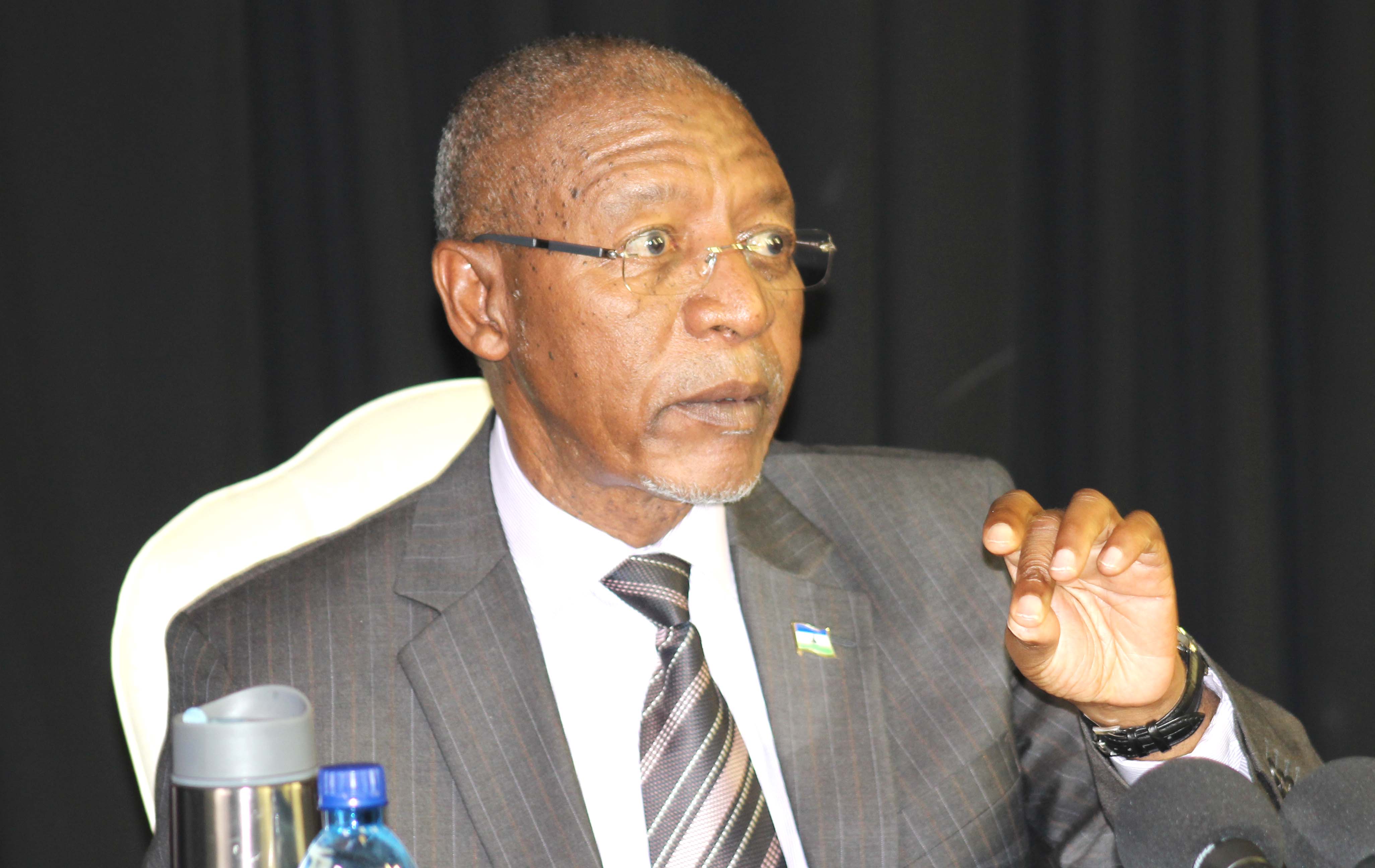
Bereng Mpaki
PRIME Minister Dr Pakalitha Mosisili has insisted that contrary to reports in some sections of the South African media, the Polihali Dam project was going ahead as planned by the two countries.
The construction of the dam is part of the second phase of the Lesotho Highlands Water Project (LHWP)-a multi-phased project funded by South Africa to provide water to its Gauteng province as well as generate hydro-electricity for Lesotho.
It was established by the 1986 Treaty signed by the-then governments of both countries.
Phase II of the LHWP was formally launched at Mokhotlong in March 2014.
Recent media reports in South Africa had suggested that re-negotiated terms of the project would delay construction thereby exposing the neighnouring country to possible water shortages in the near future.
However, Dr Mosisili this week told local media the project remained on schedule and contracts for advance infrastructure components had already been awarded.
“The evidence is that bids are currently being invited for procurement of infrastructure project and contracts are being awarded,” Dr Mosisili said.
“People are only thinking about the construction of the dam but it has to be preceded by supporting infrastructure.”
According to the LHWP website, the procurement of consultants to design advance infrastructure started in January 2015 and expected to continue into 2017.
“To date, focus has been on the procurement of consultants to design and supervise the construction of the advance infrastructure works that is, roads, bridges, housing, telecommunications as well as the Environmental and Social Impact Assessments and Resettlement Action Plans,” the website states.
The website also states that by November 2015 five contracts had been awarded for advance infrastructure works.
One was a contract for the design and supervision of the construction of the Polihali North East access road and another for the supervision of geotechnical investigations for the Polihali dam and the Polihali-Katse water transfer tunnel.
A contract was also awarded for the demarcation of the Polihali reservoir, another for professional services for the evaluation, optimisation and site supervision of geotechnical investigations. The last was awarded for professional services for the planning, design and construction supervision of the housing and associated infrastructure.
LHWP Phase II consists of two separate but related components of water transfer and hydropower generation.
The water transfer component comprises an approximately 165m high Concrete Faced Rockfill Dam at Polihali downstream of the confluence of the Khubelu and Senqu (Orange) Rivers and 38km long concrete-lined gravity tunnel connecting the Polihali reservoir to the Katse reservoir.
Other Phase II activities include advance infrastructure (roads, accommodation, power lines and telecommunication) and the implementation of environmental and social mitigating measures.
The hydropower component is currently under further feasibility studies and could include a pumped storage scheme and conventional hydropower.
“The procurement of consultants for the main works namely the dam and the tunnel includes a prequalification process to shortlist consultants who are then invited to submit bids for the main works. This process is underway,” the website further states.

